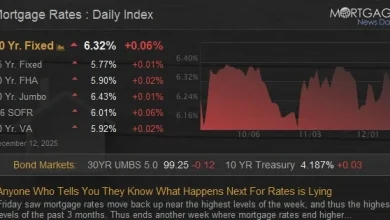Flying in and out of Singapore is going to cost travellers more

Passengers leaving Singapore are going to be hit with a new green fuel tax.
From October 1, 2026, the Civil Aviation Authority of Singapore (CAAS) will introduce an Sustainable Aviation Fuel (SAF) Levy.
But those in transit through the country won’t be charged.
READ MORE: Virgin Australia announces major security change for passengers at Aussie airports
Passengers leaving Singapore are going to be hit with a new green fuel tax. (sakarin14 – stock.adobe.com)
The money raised will be used solely for the purchase of SAF, which is made from raw materials such as animal fat waste and used cooking oil and is mixed with conventional jet fuel to create the overall fuel mix that powers an aircraft.
The cost will be determined by the destination and where the passenger sits on the plane.
READ MORE: Affordable beach paradise that’s the perfect place to visit in January
Australia’s most popular ‘must-see’ landmark crowned
There are four geographical regions: in band one is Southeast Asia, in band two is Northeast Asia, South Asia, Australia, Papua New Guinea, while New Zealand is in band three along with Africa, Central and West Asia, Europe, Middle East, and the Pacific Islands. Band four is the Americas.
Passengers are also split depending if they are in Economy or in a Premium Cabin.
So for example, Economy and Premium Economy fliers to New Zealand face a S$6.40 levy ($7.55) and for those in Business or First it is S$25.60 ($30.21).
The cost will be determined by the destination and where the passenger sits on the plane. (Getty)
Passengers travelling on flights with multiple stops will pay a levy based on the immediate next destination after departing Singapore.
Han Kok Juan, Director-General of CAAS said the introduction of the SAF Levy “marks a major step forward in Singapore’s effort to build a more sustainable and competitive air hub”.
“It provides a mechanism for all aviation users to do their part to contribute to sustainability at a cost which is manageable for the air hub. We need to make a start. We have done so in a measured way, and we are giving industry, businesses and the public time to adjust.”
The new charge will apply to all tickets or services sold from April 1, 2026, and includes all outbound cargo and business flights.
This story was originally published by Stuff and has been republished here with permission.
Inside the world’s best first, business and premium economy class cabins





